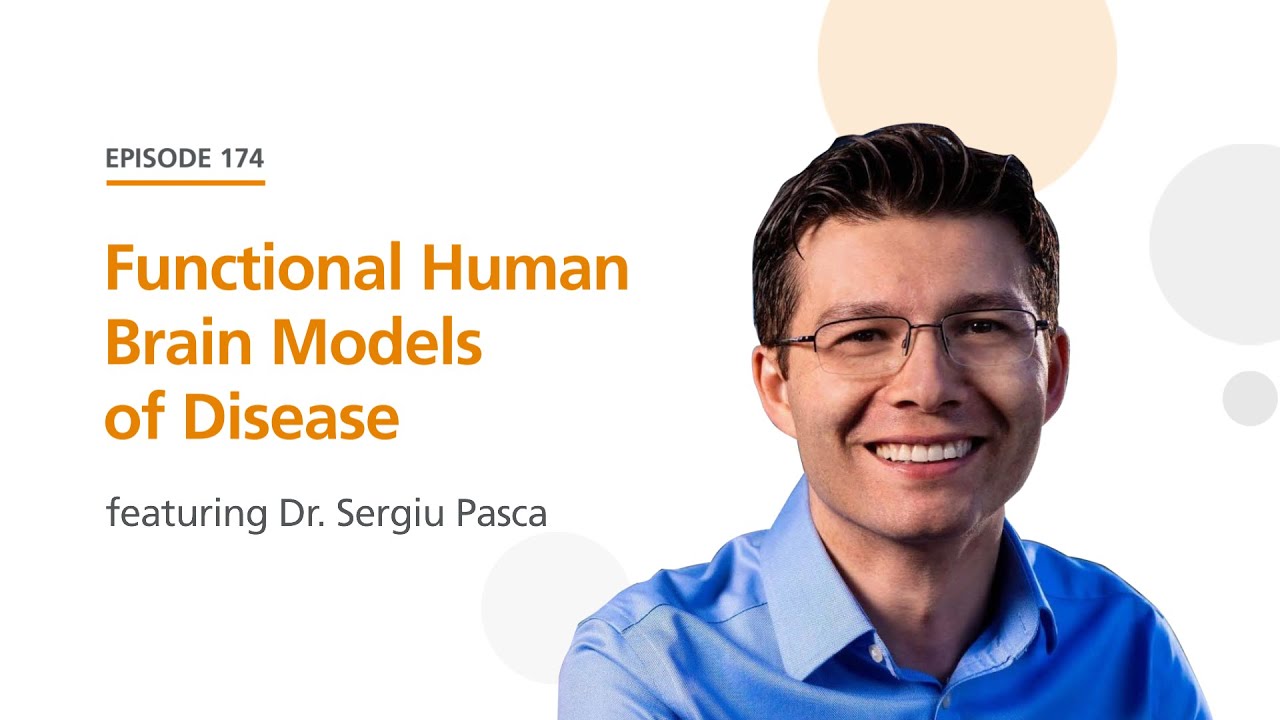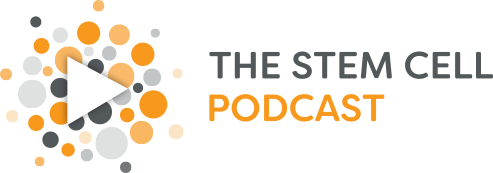
Podcast: Play in new window
Guest:
Dr. Sergiu Pașca is an Associate Professor of Psychiatry and Behavioral Sciences at Stanford University, and the Bonnie Uytengsu and Family Director of the Stanford Brain Organogenesis Program. His team has developed methods for generating human brain organoids, and uses them to study the programs underlying brain development, assembly and dysfunction.
To learn more about his research, register for his upcoming webinar, “Building Brain Organoids and Assembloids to Study Human Development and Disease” with STEMCELL Technologies.
Featured Products and Resources:
The Stem Cell Science Round Up
Autophagy Regulates Stemness – Researchers have found that autophagy regulates the balance between self-renewal and differentiation of embryonic stem cells.
Injury Induces Astrocyte Neurogenesis – When Notch signaling is blocked, astrocytes transition to a neural stem cell-like state after injury.
Expanding the Skin by Stretching – Investigators have shown that stretching leads to skin expansion by the self-renewal of epidermal stem cells.
Functional Neural Stem Cell Grafts after Spinal Cord Injury – Scientists successfully implanted neural stem/progenitor cell grafts directly into spinal cord injuries in mice. The grafts integrated with and mimicked the animal’s existing neural network.
Photo Reference: Courtesy of Dr. Sergiu Pașca

